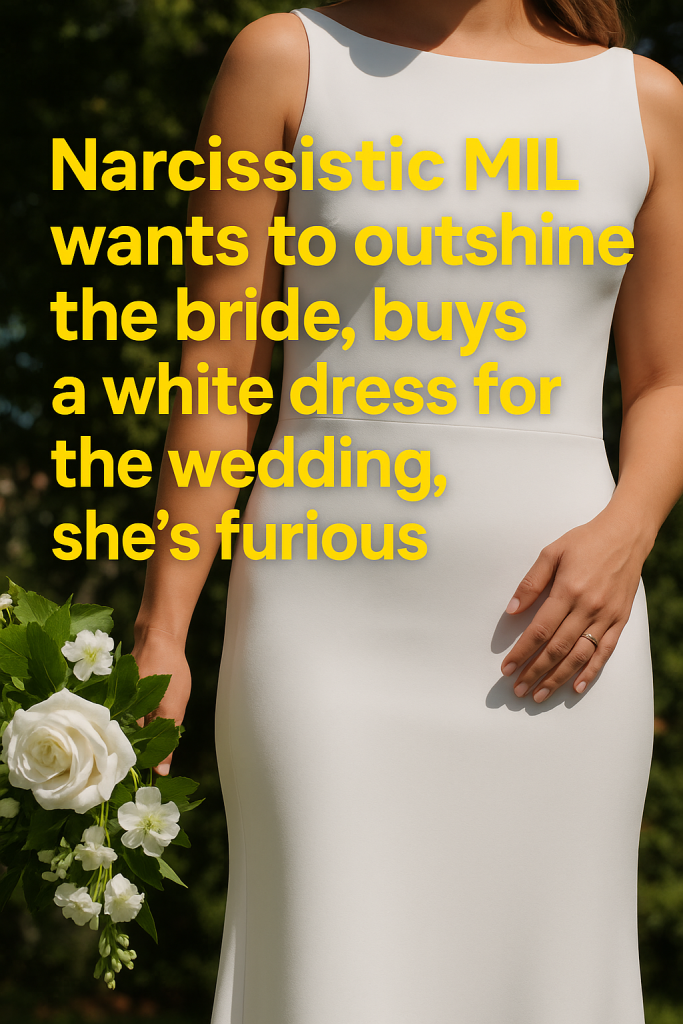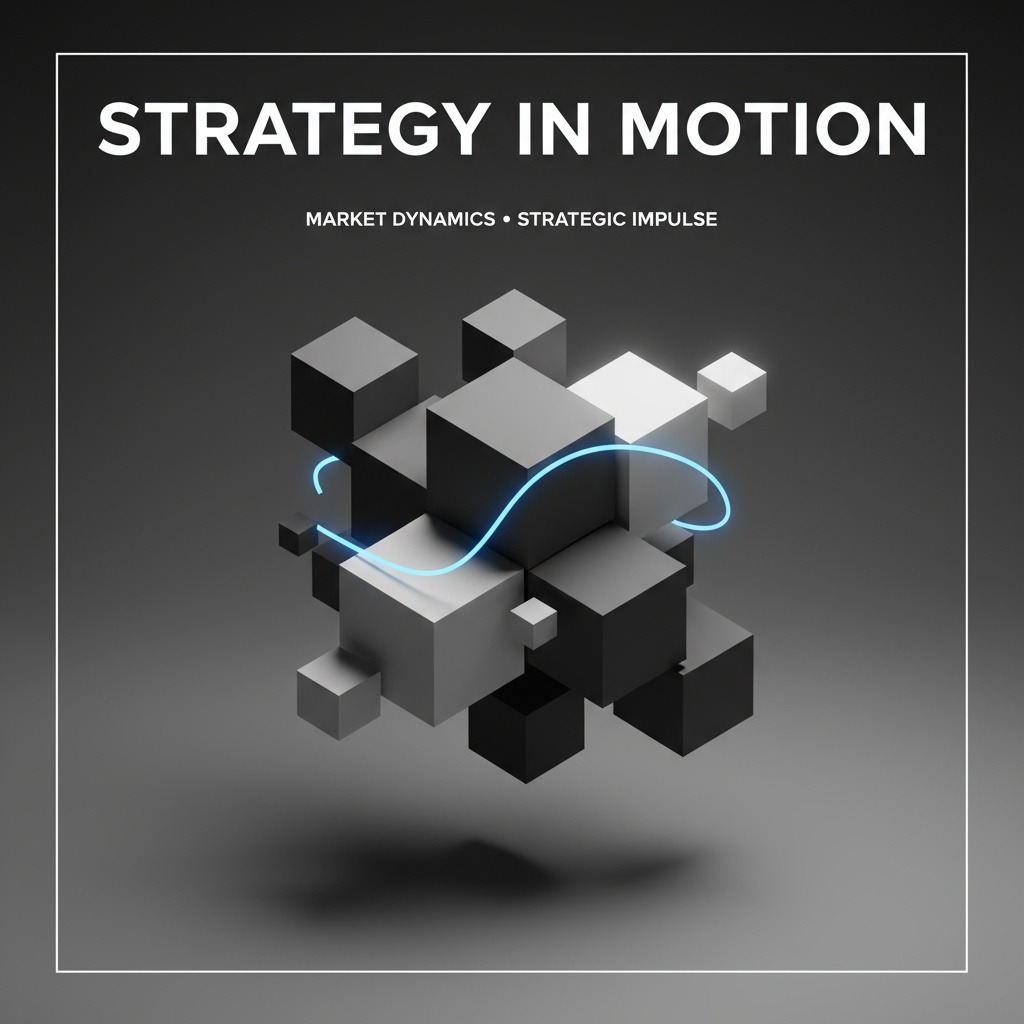Wedding season has always been notorious for its share of drama, but a recent incident involving a narcissistic mother-in-law has taken tensions to a whole new level. In a surprising twist that has gone viral on social media, a bride was left furious after her future mother-in-law bought and wore a white dress to the wedding — a bold move traditionally reserved solely for the bride.
The story began when the bride-to-be shared her frustrations publicly after discovering her mother-in-law’s intentions to wear white on the big day. The infamous act, an unwritten wedding taboo, instantly raised eyebrows and sparked heated debates about boundaries, respect, and the subtle battles for attention that unfold behind closed doors.
The Incident
According to the bride’s recount, the mother-in-law, described as narcissistic and attention-seeking, purchased an elegant white gown weeks before the ceremony. When confronted, the mother-in-law reportedly shrugged off traditional etiquette that dictates only the bride should wear white and insisted she deserved to “shine too.” This blatant disregard ignited immediate tension with family members and left the bride feeling overshadowed on the day she was meant to be the star.
Wedding Etiquette Meets Reality
Wearing white has long been considered a sacred bridal tradition, symbolizing purity and spotlighting the bride’s unique role. Wedding experts weigh in on why the mother-in-law’s choice was widely seen as inappropriate. An etiquette specialist explained that while no strict rule legally forbids guests from wearing white, doing so inevitably risks stealing the spotlight and causing emotional distress for the bride.
“This act often signals an underlying power struggle within the family dynamic,” the expert noted. “In situations where a mother-in-law seeks to outshine the bride, it’s less about fashion and more about control and recognition.”
Family Fallout and Emotional Toll
Sources close to the family say the incident caused a ripple effect, with relatives divided between sympathizing with the bride’s frustration and the mother-in-law’s desire to feel celebrated. The bride reportedly felt compelled to address the issue head-on, even joking to diffuse tension by saying, “I laughed a little and said something like, ‘Did I accidentally marry myself?’” Nonetheless, the humor masked deeper emotional hurt.
Social media users have echoed the bride’s sentiments, with many sharing personal stories of similar conflicts in their own weddings. The conversation highlights a broader cultural discussion around narcissistic tendencies in family relationships during high-pressure events like weddings.
Broader Implications
Experts emphasize the importance of clear communication and boundaries in wedding planning, especially when close family is involved. Psychologists advise that family members who display narcissistic behavior often use events like weddings as platforms for validation, sometimes disregarding others’ feelings in the process.
The bride’s experience serves as a cautionary tale to couples navigating the complex dynamics of family and tradition. The excitement of a wedding can quickly be derailed by underlying issues if left unaddressed.
Conclusion
As social media amplifies personal stories, the issue of narcissistic in-laws disrupting important life events is attracting increased attention. This latest incident reminds us of the emotional minefields that sometimes accompany family gatherings and underscores the need for empathy, respect, and open dialogue.
Ultimately, the bride and groom’s day should be about their union and happiness — a lesson that resonates with anyone planning a wedding or handling delicate family relationships.



